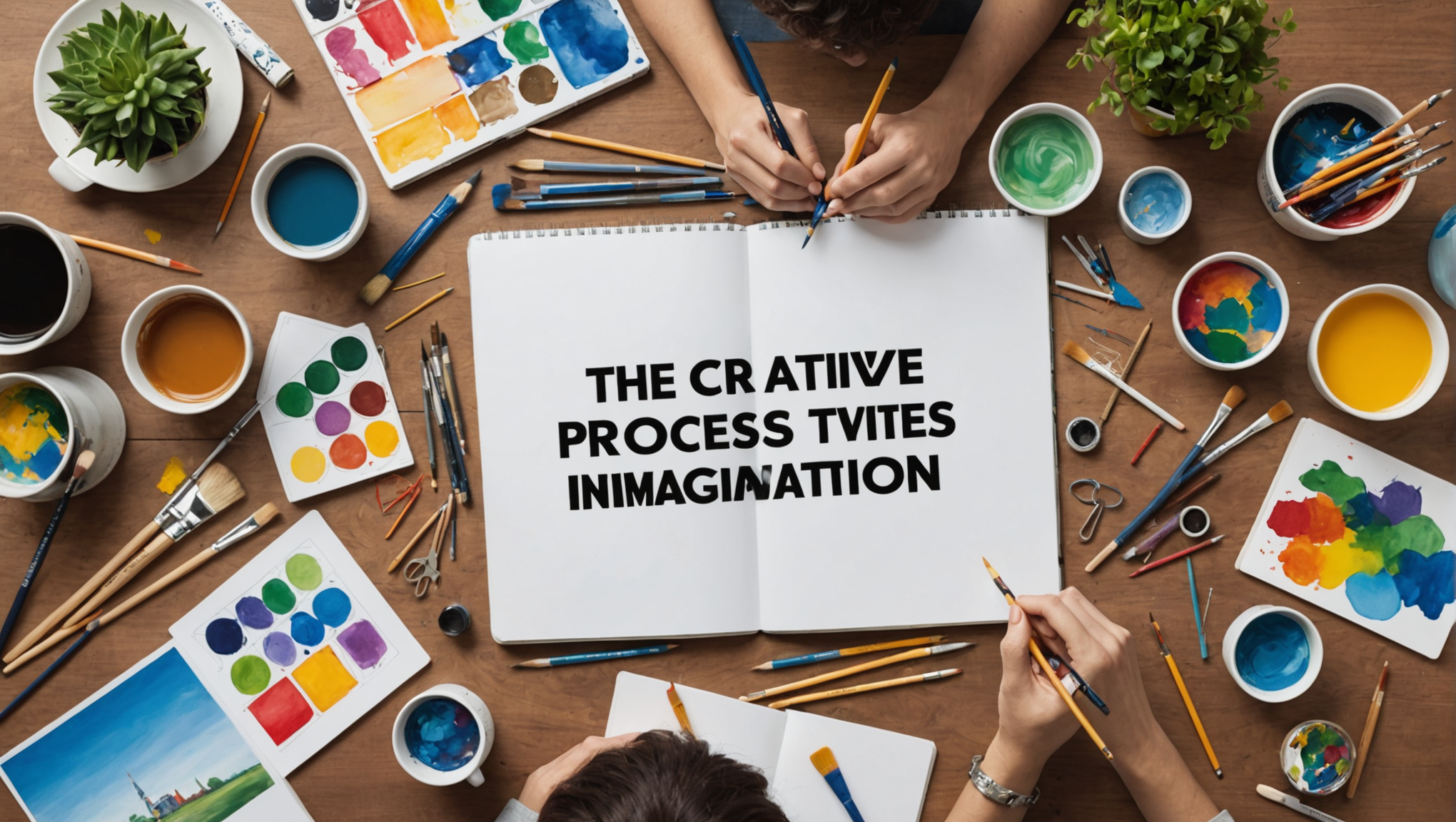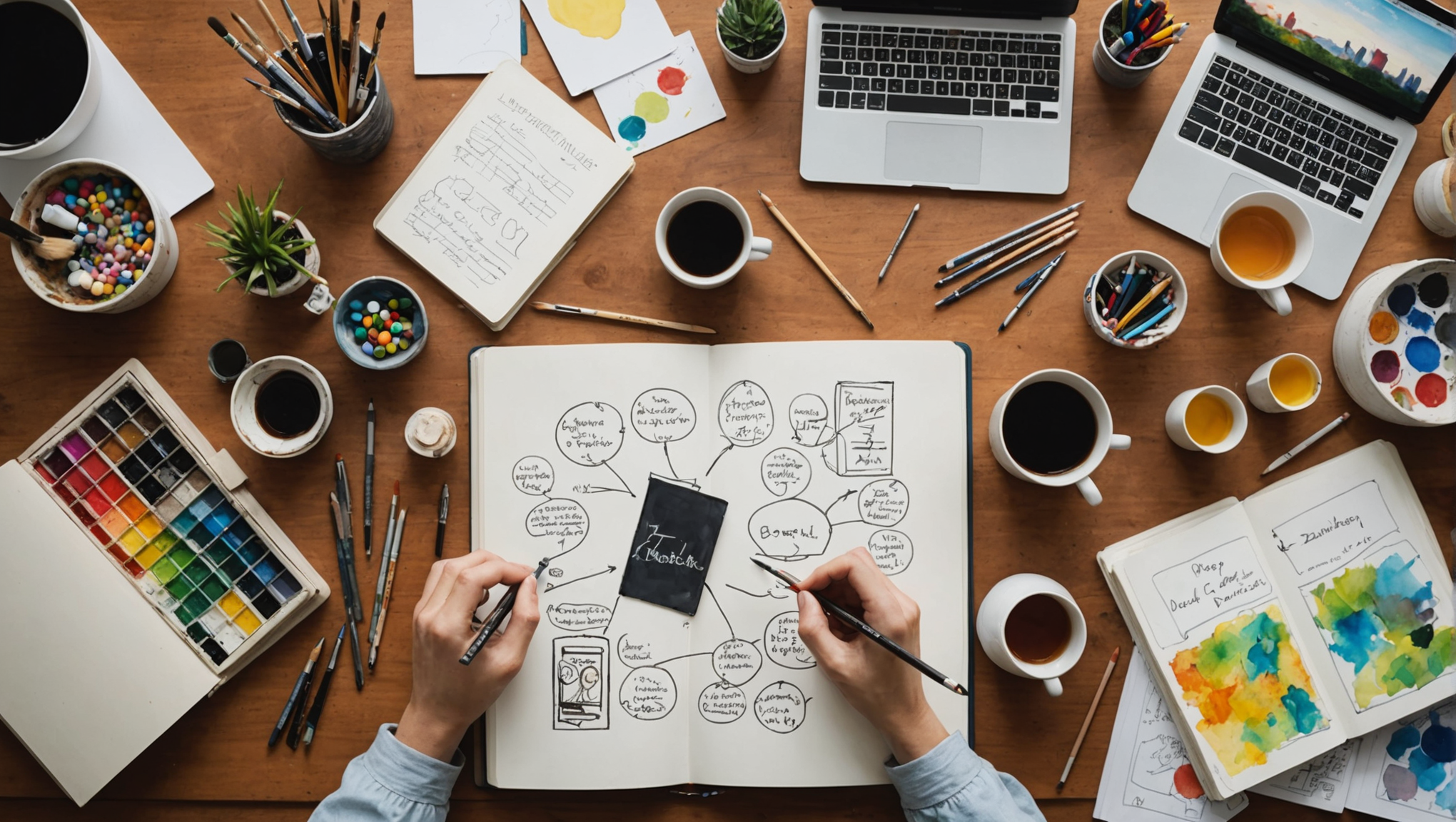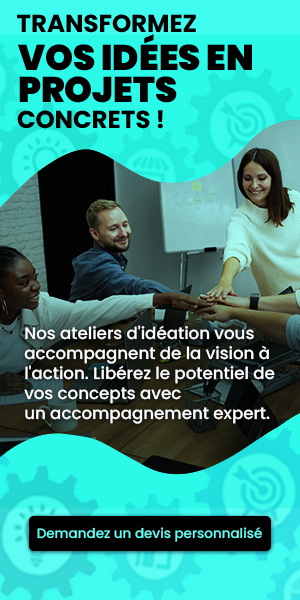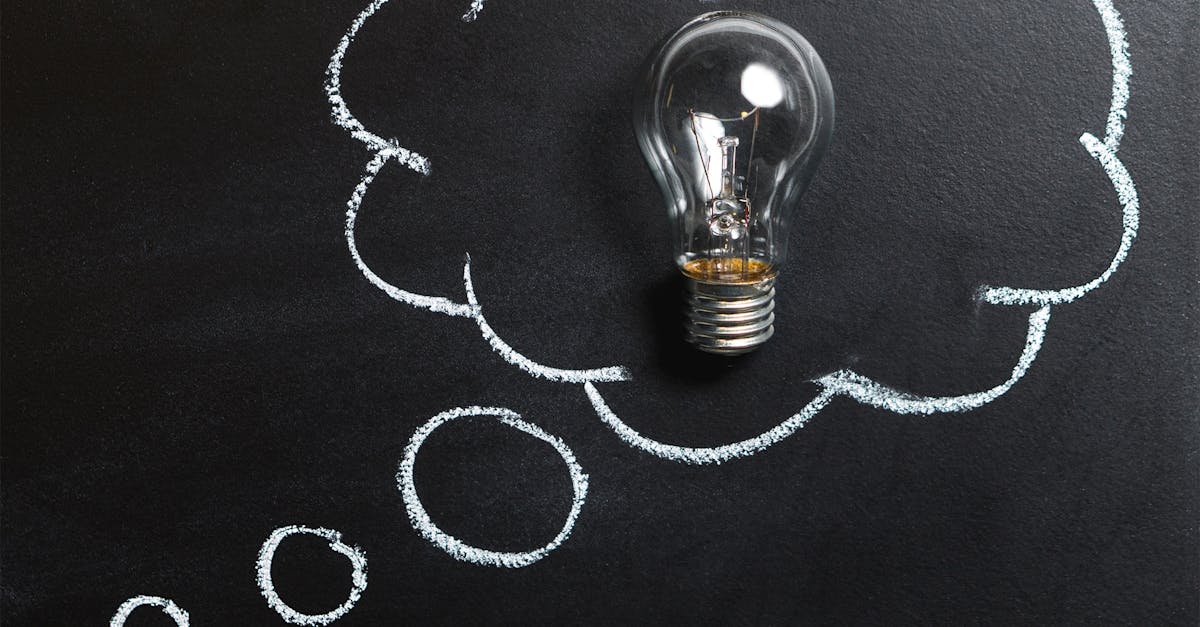In a world where ideas are bouncing around every moment, how can we bring forth the creativity that lies dormant within us? Unleashing one’s imagination is a true art, and for that, it is essential to understand and master the creative process. This process is broken down into several key stages, each playing a fundamental role in the emergence of innovative concepts.
From inspiration, the first phase where curiosity awakens, to incubation, the moment of reflection and idea absorption, each stage guides us on the path to unrestrained creativity. The long-awaited eureka moment often concludes the hard work, revealing unexpected solutions. Finally, evaluation allows us to refine and organize these creative gems, leading to completed works.
Throughout this article, let’s explore these various phases, their challenges, and their rewards. Let’s embark together on this captivating journey where imagination knows no bounds and every idea can become a masterpiece.
🔥 Nous recommandons Ideamap
Ideamap est l’outil idéal pour un brainstorming ou un projet collaboratif. Grâce son interface facile et à ses fonctions IA, Ideamap booste votre créativité tout en favorisant une meilleure organisation de vos idées pour atteindre vos objectifs.

Creativity is not a gift reserved for a few privileged individuals, but a process that anyone can learn to master. Whether you are an artist, a writer, an entrepreneur, or simply in search of new ideas, understanding the key stages of a creative process can help you develop your imagination and unlock your potential. So, let’s dive together into the exploration of this fascinating journey.
1. Preparation: A Fertile Ground for Inspiration
The first stage of the creative process is preparation. This is a moment where you immerse yourself in an ocean of ideas and inspirations. This phase involves concrete actions such as research, reading, observing your environment, and even discussing with others. The important thing is to stimulate your curiosity.
Here are some practical recommendations:
- Read various genres: exposing your mind to different perspectives can sharpen your sense of creativity.
- Write down your ideas: use a notebook or an app to capture all thoughts, even the most spontaneous ones. These little notes will be valuable during the following phases.
- Engage in diverse activities: attend conferences, workshops, or try new hobbies. Every experience nourishes your reservoir of ideas.
2. Incubation: The Time for Silence and Reflection
After preparation, it is essential to give your mind a period of incubation. During this stage, the mind continues to process the information and establish connections, even if you are not actively thinking about your creative project. This can occur in various ways, such as walking, meditating, or simply relaxing.
Why is this phase so crucial? Because it allows ideas to germinate. Here are some innovative perspectives to maximize your incubation:
- Separate yourself from screens: technology can sometimes hinder imagination. Give yourself distraction-free moments to allow your mind to wander.
- Practice walking: studies show that walking stimulates the brain and increases your creative capacity. This could be the opportunity to discover new ideas during a simple stroll.
- Find an inspiring space: whether it’s a park, a café, or your favorite corner at home, a pleasant environment can positively influence your thoughts.
3. Insight: The “Eureka” Moment
Next comes the long-awaited moment of insight, when ideas clash and form to give birth to a solution or creation. This is the phase where you will have a flash of genius, an idea that seems to spring from nowhere. This precious moment often occurs after the incubation phase.
To capture and leverage these inspirations, you can:
- Create a conducive environment: ensure that your workspace is welcoming and stimulating. Add inspiring elements such as artwork or motivational quotes.
- Participate in brainstorming sessions: working with others can lead to unexpected and enriching discoveries. Co-creation can transform a simple idea into a promising project.
- Use visualization techniques: imagine the realization of your project in minute detail; it can help refine your ideas.
4. Evaluation and Refinement: Polishing Your Creation
Once you have had your moment of insight, it is vital to move on to the next step: evaluation. This phase involves examining your ideas and determining their feasibility. The goal is to streamline and adjust your project so that it takes a coherent form.
Here are some strategies to consider:
- Gather feedback: share your ideas with mentors, friends, or colleagues. Their perspectives can provide you with valuable insights or raise points you hadn’t considered.
- Test your idea: set up prototypes or preliminary versions to see how they work in practice. Sometimes, experimentation can reveal unexpected facets of your creation.
- Establish evaluation criteria: define what will make your project successful. Objective evaluation will help you focus on the essential elements to preserve or modify.
The creative process, with its different stages, is both a personal journey and a collective adventure. By applying these strategies, you can not only unleash your imagination but also transform your ideas into concrete and enriching strategies.
To deepen your understanding and broaden your creative horizons, explore the resources available on the creative process and ideation. The methods and techniques are endless, and every new piece of information can enrich your palette of creative tools.
Whether you are seeking inspiration or eager to develop your ideas, remember that each step of the creative process is important. With an open mindset and the willingness to explore, you will discover that creativity is within your reach.

Jeudi 28 novembre à 20h, plongez dans la vie rock'n'roll du groupe Placebo. Du choc de leurs premiers succès comme "Nancy Boy" jusqu’à aujourd’hui, ce film inédit révèle le processus créatif de Placebo et leur influence sur la scène musicale mondiale.
— Pathé Live (@PatheLive_FR) October 22, 2024
🎟 https://t.co/2gsIHdUcLb pic.twitter.com/4eUGX0wkdC
FAQ on the Creative Process
What are the main stages of the creative process? The key stages include preparation, incubation, insight, evaluation, and elaboration.
How can I unleash my creativity? You can foster your creativity by nurturing your curiosity, exploring different sources of inspiration, and allowing yourself moments of calm.
Is the preparation phase important? Yes, it is crucial as it involves gathering information and immersing yourself in the subject that interests you.
What happens during incubation? It is a period of reflection where your mind processes ideas unconsciously, often without you realizing.
What is the Eureka moment? It is a moment of illumination where an idea or solution presents itself to you clearly and naturally.
How do I evaluate my creative ideas? Evaluation involves stepping back, reflecting on the relevance and originality of your ideas before developing them further.
Why is it essential to recharge? Recharging allows you to step away from daily stress and return with a fresh mind conducive to creativity.
What tools can I use to stimulate my creativity? Techniques such as brainstorming, mind mapping, and other ideation methods can be very beneficial.
Can creativity be learned? Absolutely, creativity is a skill that can be developed with practice and the right habits.
How does walking influence my creativity? Walking oxygenates the brain, thereby fostering creative thinking and the emergence of new ideas.














